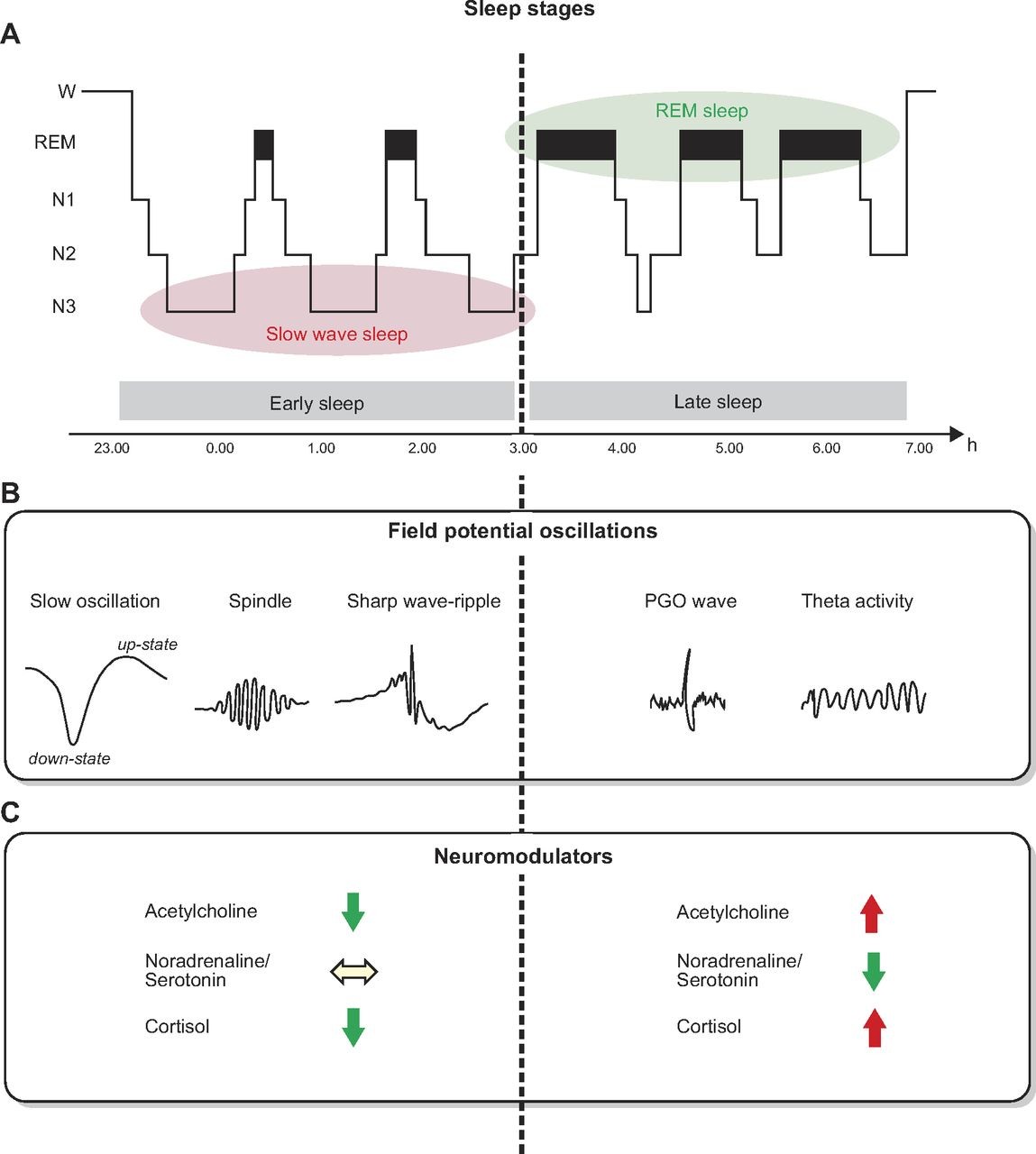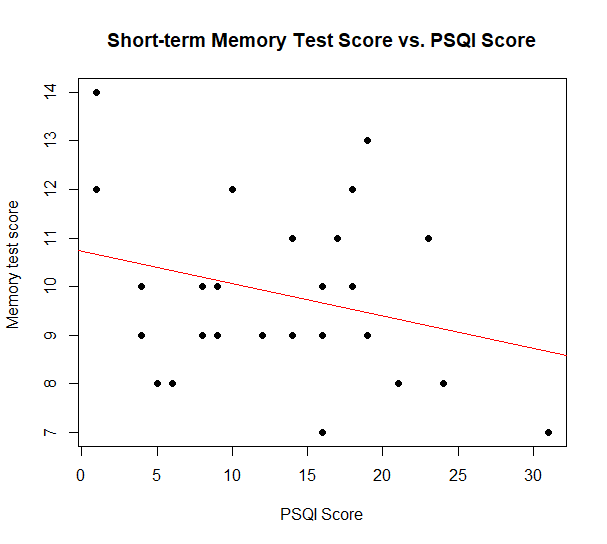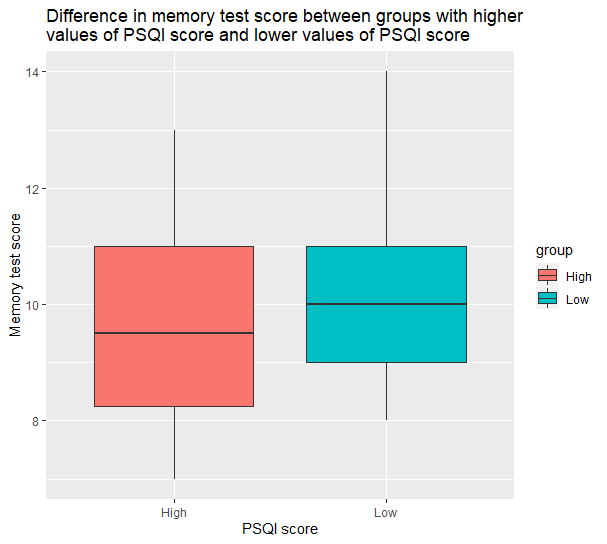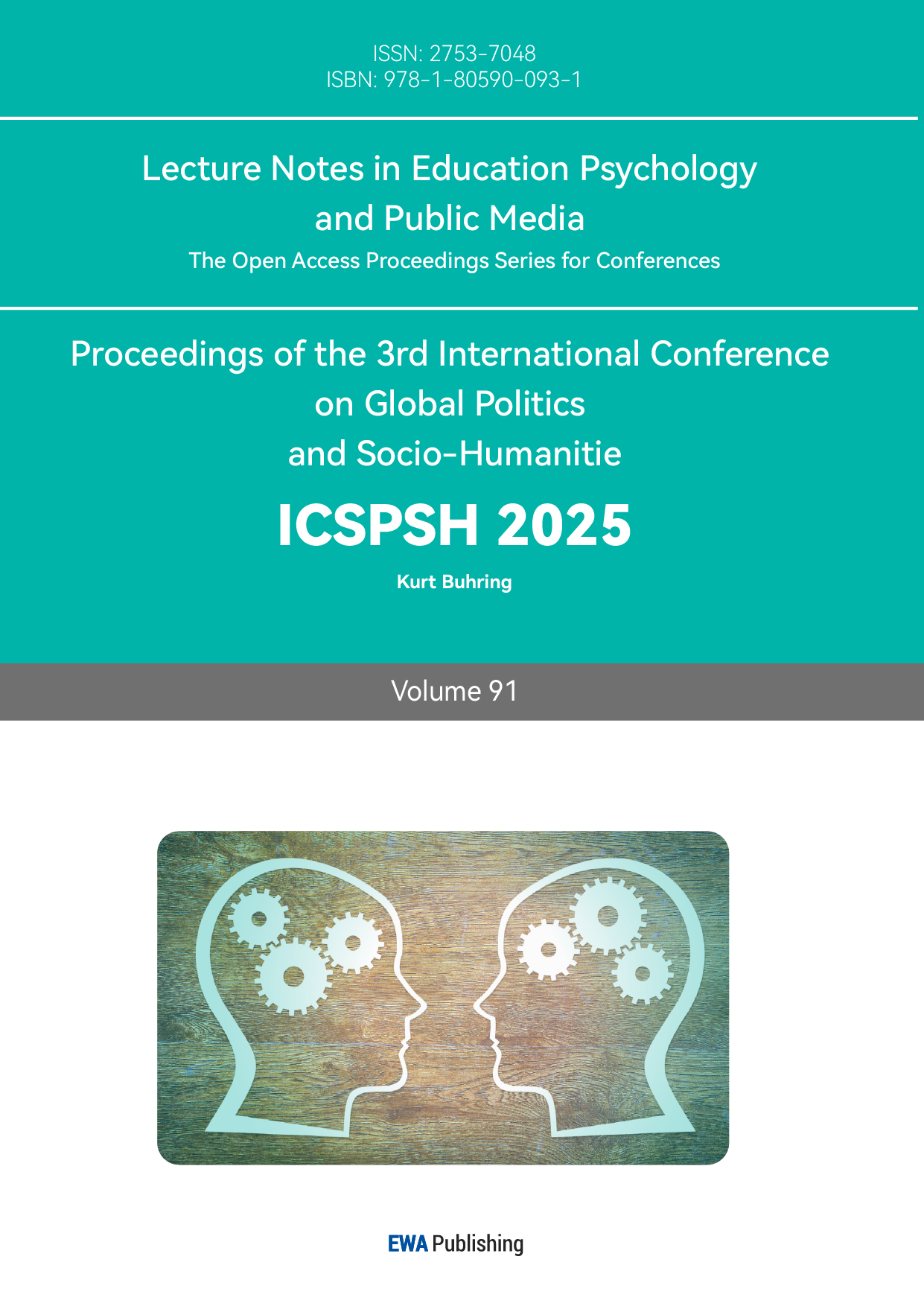1. Introduction
As an indispensable component in people’s daily lives, memory occupies almost one-third of our lifetime, while functions and underlying mechanisms are still unexplored mysteries in the cognitive psychology field. Although it is widely believed that sleep plays a significant role in physiological restoration, energy conservation, and immune functions, its connection with the memory process has become a long-lasting focus of recent studies [1]. Observations indicating that sleep benefits memory date back to the beginning of experimental memory research and, since then, have been fitted with quite different concepts. The study of sleep's role in memory facilitation was transferred from initially a passive effect in that memory was protected from external stimuli during sleep time to the active effects. Earlier studies focused on the influence of Rapid Eye Movement (REM) sleep, while recent studies pointed out the undoubtable role of Slow Wave Sleep (SWS) in memory consolidation, which is demonstrated by following Figure 1, created by Dr. Rash and Dr. Born. In simpler words, memory encoding was optimized during the SWS period and stabilized during the REM period into long-term memory for future retrieval [2]. The study of sleep's impact on memory formation is profound. It not only explores brain functions but also contributes to countless fields, such as education, production, and mental health. With the exploration of sleep in long-term memory, a curiosity in whether the effect of sleep can extend to short-term memory is raised. In this article, we are going to evaluate the relationship between sleep quality and short-term memory ability. Short-term memory (STM) “refers to memory over a short time interval, usually 30s or less” [3]. STM enables people to remember the events or information that just happened in front of them. For instance, we could remember what just happened in detail, but you may forget what you talked with your friends yesterday in detail. The STM is fascinating because it works unconsciously. For instance, people can have a figure in their brain of the things they have seen just 30s ago even though they can’t remember or are aware of it but next they see the same figure, they can recognize it. Memory is essential in everyone’s daily life and plays a significant role in educational, industrial fields, and so on. Based on the research results claimed by Dr. Rasch, REM sleep has already made some contribution to memory consolidation especially stimulated by similar wake-like EEG activities during this sleep stage, as well as reports of vivid dreams after waking from REM sleep. Many studies in animals made the same conclusion regarding the role of REM sleep for memory [2].
Can we live without sleep? People or animals show reduced responsiveness to potentially threatening stimuli during sleep indicates a significant danger for survival, but no species can actually avoid depriving sleep of their life cycle. This fact strongly suggests that sleep plays an influential role in improving the overall fitness of an organism in favor of an adaptive role. Even though we have no evidence to prove its exact function [1,4]. Sleep is deemed to have an energy-saving function [5,6], the restoration of energy resources and the repairing of cell tissue [7], thermoregulation [8], metabolic regulation [9,10] and adaptive immune functions [11]. But these can’t explain the loss of awareness and the deprivation of response to the environment during sleep. In this case, some scientists proposed a concept that the main purpose of sleep is “for the brain” [12,13]. But the brain plays many distinct irreplaceable roles for species in either surviving or maintaining basic living standards. For example, the brainstem takes control of breathing, consciousness, blood pressure, heart rate and sleep. One of the concepts is that sleep involves memory and synaptic plasticity [14,15], which is the topic of our research today.

Figure 1: Working mechanisms of REM & SWS in long-term memory [2]
1.1. Goal and hypothesis
For our research, we decided to evaluate the relationship between sleep quality and short-term memory ability. According to previous research, memory ability may be related to sleep quality. In this case, we assume that better sleep quality is associated with better memory ability. Based on this hypothesis, we created a survey extracted from PSQI questionnaire.
2. Methods
2.1. Participants
Participants are collected from students in Canada, the United States, and China from either high school or university (Ages around 15-20 years old). Since they are all students, they have similar educational backgrounds and interests, which can strongly eliminate the existence of confounding. We created a questionnaire based on Pittsburgh Sleep Quality Index (PSQI) to collect data from our participants about their sleep quality and performance of short-term memory in a small memory test since it is more convenient and time-saving for us to collect more data and find a more reliable result. We posted the questionnaire on social media and on the school bulletin board, so all students who have an interest in this topic can participate in our research.
2.2. Sleep measurements
At the end of our questionnaire, we attached a scientific memory test, which asked participants to answer the random numbers that appeared in 5 seconds. The number generated are getting longer ang longer. For example, for the first question, there is only one-digit number but for the second number, it turned to be a two-digits number and three-digits four-digits and more in the following tasks. Participants will earn one point for one correct answer and the test will automatically stop once they answer the wrong number. Participants who finished the test will receive a final score for their memory performance on the test. We used the score participants got to reify their memory ability. For the sleep quality, it is hard to get an accurate standard of sleep quality, so we used the Pittsburgh Sleep Quality Index (PSQI) as an indication to quantify the sleep quality in scores. According to Dr. Buysse, PSQI is basically a self-rated questionnaire, that has been used by many scientists for evaluating participants’ sleeping quality; nineteen factors that may influence people’s sleep condition are recorded in seven major “components” scores: subjective sleep quality, sleep latency, sleep duration, habitual sleep efficiency, sleep disturbances, use of sleeping medication, and daytime dysfunction. The final result is the sum of the seven component scores. The higher PSQI score means a worse sleeping quality.” [16]. For instance, one of the questions asked the actual sleep time that one person spent on sleep, which means the total time when a person falls asleep instead of going to bed. A higher score in PSQI reflects a worse sleep quality and condition, which means that people who have high in PSQI scores have a bad sleep quality and condition, he/she may be unable to fall asleep quickly or their sleep period is short
3. Results

Figure 2: Short-term memory vs. PSQI score
According to Figure 2 (Short-term memory VS. PSQI score), which indicates the outcome of PSQI scores with corresponding short-term memory test scores, we can see that there is a weak or even no relationship between sleep quality and short-term memory ability (t-test, t=-0.8436, p=0.4063). The t value is too low to indicate a relationship between PSQI and corresponding memory performance. In order to distinguish the differences between participants who have a higher PSQI score with participants who received a lower PSQI score, we conducted a two-sample t-test (Figure 3 (PSQI score differences), the graph that shows memory ability in two different groups) and discovered that the mean values in the two groups have no significant difference (mean for the higher group:9.6, mean for lower group:10, t-test, t=0.9611, p=0.3450).

Figure 3: PSQI score differences
4. Conclusion
Based on the data we collected and the results we found, we conclude that short-term memory ability is not correlated with sleep quality, which means that short-term memory ability won’t change due to the condition of sleep quality. No matter whether people have good or bad sleep quality, their short-term memory performance will not be affected.
4.1. Limitation
Even though our result claims that there is no relationship between sleep quality and short-term memory ability, we still believe that sleep quality must play an important role in memory formation and performance. One of the most critical problems in our research is the lack of participants. Our sample population is only 30 participants, which is too few to elicit a convincing result. Besides, the majority of our participants are female, which is by coincidence and may influence the result. According to Dr. Selwin, females perform better in short-term memory than males [17]. We should try to make it more even in gender or only one gender for the next experiments. Also, a questionnaire, as a form of survey, is not as accurate as an experiment. Participants may put the wrong information in the survey since no one can get to know the truth except themselves.
4.2. Future direction
Our research indicated that there is no relationship between sleep quality and short-term memory ability due to the lack of a sample population. We can try to conduct the research again with a larger sample size since short-term memory relies most heavily on the prefrontal cortex and the prefrontal cortex shows a high sensitivity to sleep and rest, also dysfunction to sleep deprivation [18]. Also, we can try to evaluate the relationship between sleep quality and long-term memory ability in another trial or make research in finding the gender differences in short-term/long-term memory. Age is attributed to the result of memory performance as well. Our population is focusing on only high school and college students. We can try to conduct research with people who have already joined the workplace or elders. Moreover, the experiment is the only way to get a causal relationship. We should try to conduct an experiment to evaluate the relationship between short-term memory and sleep quality in the future. For instance, we can record the score participants earned in memory tasks by our researchers instead of self-report by participants.
References
[1]. Siegel JM. Clues to the functions of mammalian sleep. Nature 437: 1264–1271, 2005
[2]. Rasch, B., & Born, J. (2013). About sleep’s role in memory. Physiological Reviews, 93(2), 681–766. https://doi.org/10.1152/physrev.00032.2012
[3]. Healy F. A. “Short-term memory, cognitive psychology of.” Neil J. Smelser. International Encyclopedia of social & behavioral sciences. 2001. Print.
[4]. Foster HH. The necessity for new standpoint in sleep theories. Am J Psychol 12: 145–177, 1901
[5]. Webb WB. An objective behavioral model of sleep. Sleep 11: 488–496, 1988
[6]. Berger RJ, Phillips NH. Energy conservation and sleep. Behav Brain Res 69: 65–73, 1995
[7]. Oswald I. Sleep as restorative process: human clues. Prog Brain Res 53: 279–288, 1980
[8]. Rechtschaffen A, Bergmann BM. Sleep deprivation in the rat by the disk-over-water method. Behav Brain Res 69: 55–63, 1995
[9]. Knutson KL, Spiegel K, Penev P, van Cauter E. The metabolic consequences of sleep deprivation. Sleep Med Rev 11: 163–178, 2007
[10]. Knutson KL, Spiegel K, Penev P, van Cauter E. The metabolic consequences of sleep deprivation. Sleep Med Rev 11: 163–178, 2007
[11]. Lange T, Dimitrov S, Born J. Effects of sleep and circadian rhythm on the human immune system. Ann NY Acad Sci 1193: 48–59, 2010
[12]. Hobson JA. Sleep is of the brain, by the brain and for the brain. Nature 437: 1254–1256, 2005
[13]. Kavanau JL. Memory, sleep and the evolution of mechanisms of synaptic efficacy maintenance. Neuroscience 79: 7–44, 1997
[14]. Diekelmann S, Born J. The memory function of sleep. Nat Rev Neurosci 11: 114–126, 2010
[15]. Tononi G, Cirelli C. Sleep function and synaptic homeostasis. Sleep Med Rev 10: 49–62, 2006
[16]. Buysse, D. J., Reynolds, C. F., Monk, T. H., Berman, S. R., & Kupfer, D. J. (1989). The Pittsburgh Sleep Quality index: A new instrument for psychiatric practice and Research. Psychiatry Research, 28(2), 193–213. https://doi.org/10.1016/0165-1781(89)90047-4
[17]. Selwin G., Sridevi G. gender differences in short term memory and perception. International Journal of Development Research Vol. 06, Issue, 07, pp.8478-8480, July, 2016.
[18]. Selwin G., Sridevi G. gender differences in short term memory and perception. International Journal of Development Research Vol. 06, Issue, 07, pp.8478-8480, July, 2016.
Cite this article
Zhang,M. (2025). The Relationship Between Sleep Quality and Memory Ability. Lecture Notes in Education Psychology and Public Media,91,95-99.
Data availability
The datasets used and/or analyzed during the current study will be available from the authors upon reasonable request.
Disclaimer/Publisher's Note
The statements, opinions and data contained in all publications are solely those of the individual author(s) and contributor(s) and not of EWA Publishing and/or the editor(s). EWA Publishing and/or the editor(s) disclaim responsibility for any injury to people or property resulting from any ideas, methods, instructions or products referred to in the content.
About volume
Volume title: Proceedings of the 3rd International Conference on Social Psychology and Humanity Studies
© 2024 by the author(s). Licensee EWA Publishing, Oxford, UK. This article is an open access article distributed under the terms and
conditions of the Creative Commons Attribution (CC BY) license. Authors who
publish this series agree to the following terms:
1. Authors retain copyright and grant the series right of first publication with the work simultaneously licensed under a Creative Commons
Attribution License that allows others to share the work with an acknowledgment of the work's authorship and initial publication in this
series.
2. Authors are able to enter into separate, additional contractual arrangements for the non-exclusive distribution of the series's published
version of the work (e.g., post it to an institutional repository or publish it in a book), with an acknowledgment of its initial
publication in this series.
3. Authors are permitted and encouraged to post their work online (e.g., in institutional repositories or on their website) prior to and
during the submission process, as it can lead to productive exchanges, as well as earlier and greater citation of published work (See
Open access policy for details).
References
[1]. Siegel JM. Clues to the functions of mammalian sleep. Nature 437: 1264–1271, 2005
[2]. Rasch, B., & Born, J. (2013). About sleep’s role in memory. Physiological Reviews, 93(2), 681–766. https://doi.org/10.1152/physrev.00032.2012
[3]. Healy F. A. “Short-term memory, cognitive psychology of.” Neil J. Smelser. International Encyclopedia of social & behavioral sciences. 2001. Print.
[4]. Foster HH. The necessity for new standpoint in sleep theories. Am J Psychol 12: 145–177, 1901
[5]. Webb WB. An objective behavioral model of sleep. Sleep 11: 488–496, 1988
[6]. Berger RJ, Phillips NH. Energy conservation and sleep. Behav Brain Res 69: 65–73, 1995
[7]. Oswald I. Sleep as restorative process: human clues. Prog Brain Res 53: 279–288, 1980
[8]. Rechtschaffen A, Bergmann BM. Sleep deprivation in the rat by the disk-over-water method. Behav Brain Res 69: 55–63, 1995
[9]. Knutson KL, Spiegel K, Penev P, van Cauter E. The metabolic consequences of sleep deprivation. Sleep Med Rev 11: 163–178, 2007
[10]. Knutson KL, Spiegel K, Penev P, van Cauter E. The metabolic consequences of sleep deprivation. Sleep Med Rev 11: 163–178, 2007
[11]. Lange T, Dimitrov S, Born J. Effects of sleep and circadian rhythm on the human immune system. Ann NY Acad Sci 1193: 48–59, 2010
[12]. Hobson JA. Sleep is of the brain, by the brain and for the brain. Nature 437: 1254–1256, 2005
[13]. Kavanau JL. Memory, sleep and the evolution of mechanisms of synaptic efficacy maintenance. Neuroscience 79: 7–44, 1997
[14]. Diekelmann S, Born J. The memory function of sleep. Nat Rev Neurosci 11: 114–126, 2010
[15]. Tononi G, Cirelli C. Sleep function and synaptic homeostasis. Sleep Med Rev 10: 49–62, 2006
[16]. Buysse, D. J., Reynolds, C. F., Monk, T. H., Berman, S. R., & Kupfer, D. J. (1989). The Pittsburgh Sleep Quality index: A new instrument for psychiatric practice and Research. Psychiatry Research, 28(2), 193–213. https://doi.org/10.1016/0165-1781(89)90047-4
[17]. Selwin G., Sridevi G. gender differences in short term memory and perception. International Journal of Development Research Vol. 06, Issue, 07, pp.8478-8480, July, 2016.
[18]. Selwin G., Sridevi G. gender differences in short term memory and perception. International Journal of Development Research Vol. 06, Issue, 07, pp.8478-8480, July, 2016.









